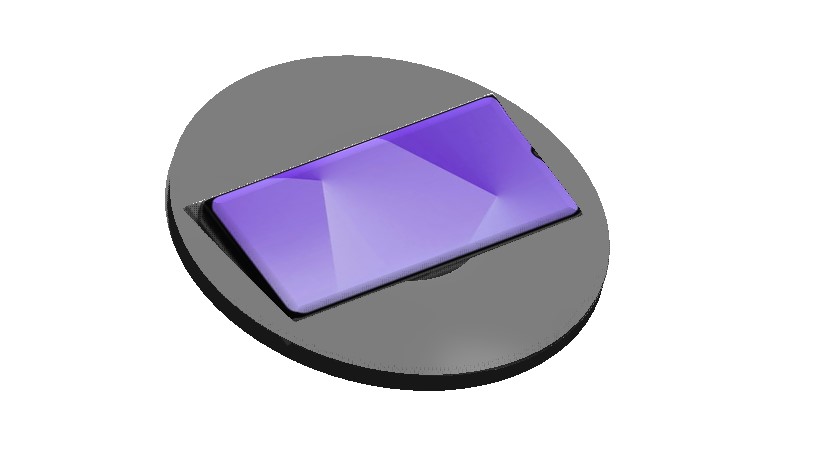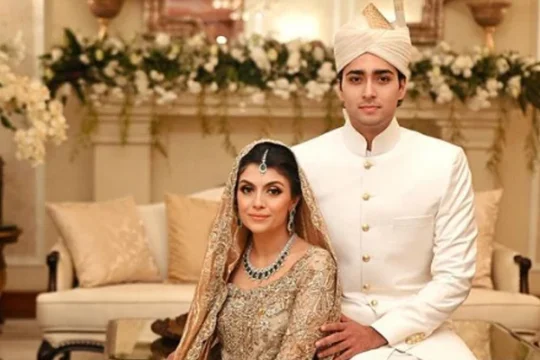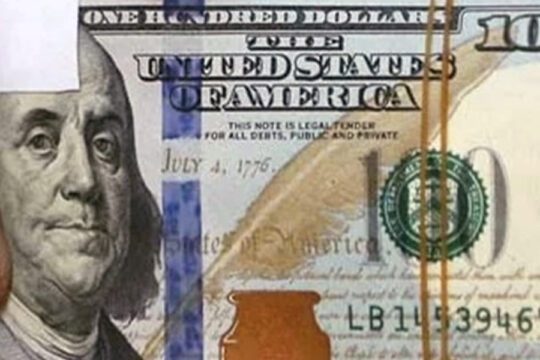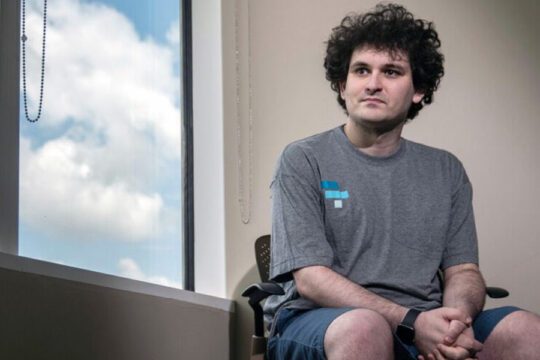
Severe Cyclone 'Biparjoy' is Less than 1000 km Away from Karachi
The Pakistan Meteorological Department (PMD) reports that the potent cyclone Biparjoy is...

How much Income Tax will be Deducted From Your Salary in Budget 2023-24
The federal government has proposed an exemption from income tax for people...

Wordle Answer Today 11 June 2023, Wordle #722
Wordle Answer Today 11 june 2023, Wordle #722 answer: Word puzzles have...

Sony Xperia Pro-I II Images Leaked, Tipped Two 1-Inch Rear Camera Sensors
The Sony Xperia Pro-I II, which will replace the Sony Xperia Pro-I,...
Top Headlines
Honda Fail to Sale a Single Civic in Last 3 Months
In terms of production and sales, Honda Atlas Cars Limited (HACL) is...
Laiba Khan Shines in Ruffled Black Chiffon Saree (Photos)
With her most recent photo shoot, actress Laiba Khan made sure to...
Kinza Hashmi Looks Stunning in Floral Dress (Video)
The stunning and glitzy actress Kinza Hashmi never ceases to captivate audiences...
Saeeda Imtiaz Looks Ravishing in Glittering Ball Gown (Photos)
Saeeda Imtiaz, a stunning actress and model, has once again left viewers...
Aamna Sharif Enthralls Fans With Sensuous Beachside Photos
Aamna Sharif, a captivating Indian television actress, recently graced the seaside with...
Zendaya and Priyanka Look Stunning at Bulgari Hotel Opening
The stunning new Bulgari Hotel in Rome had a glamorous gala opening,...
Cyclone Biparjoy will HIT KARACHI on 13 June
The National Disaster Management Authority (NDMA) of Pakistan stated during a special...

Budget 2023-24: Significant Tax Relief for Hybrid Cars
The fiscal budget for 2023–2024 has been released, which is fantastic news...

Shahtaj Khan, TikToker, Stuns Fans With See-Through Black Outfit (Video)
Shahtaj Khan, whose Instagram feed is a seductive blend of sophistication and...

Harbhajan Singh Autographing a Pakistani Fan Video Goes Viral
A Pakistani fan he met while competing in the World Test Championship...
Pakistan

Who is Zara Ansari? Ashfaq Satti’s third wife
Nomaika Satti, wife of ARY News anchorperson Ashfaque Satti, has made a...

Coldwave to hit Pakistan after Oct 17
According to the Pakistan Meteorological Department (PMD) on Thursday, a cold wave...

Maryam Nawaz's son Junaid Safdar divorce Ayesha
Junaid Safdar, the son of Pakistan Muslim League-Nawaz (PML-N) Maryam Nawaz, announced...
Trending

Zookeeper attacked by 16-foot monster allegator
In front of startled tourists, a 16-foot crocodile attacked a zookeeper, but...

HORROR MOMENT: Spinning fairground ride crashes to the ground in Mohali
THIS is the horrifying moment a spinning amusement ride fell to the...

Man eaten alive by lion after breaking into zoo at Accra Zoo in Ghana
A MAN who broke into a zoo to try to kidnap a...
Business

Profit Rates of Naya Pakistan Certificates Hike by 6%
The federal government has decided to increase the Naya Pakistan Certificates' (NPCs')...

SpaceX sold all of its $373 million worth of bitcoins: Report
The aerospace technology firm SpaceX reportedly sold the Bitcoin it had accumulated...

Who is Sam Bankman-Fried?
Sam Bankman-Fried, the creator of FTX, was ordered to jail on Friday...
Sports

Anthony Joshua vs Francis Ngannou: TV channel, live stream, UK start time
On Friday night, Anthony Joshua and Francis Ngannou square off in yet...

Chris Mortensen dead at 72, Cause of Death
ESPN has declared the passing of renowned broadcaster and journalist Chris Mortensen....

Who is Madisen? Connor Bedard’s sister
When Connor Bedard, an NHL breakout player, joined the Chicago Blackhawks in...
Entertainment

Kenneth Mitchell dies aged 49, Cause of Death
A statement from his loved ones on X read: "With heavy hearts...

Who is Amanda Dubin? Will Reeve’s girlfriend
Early in 2024, news anchor Will Reeve ignited engagement rumors with his...

Kamylla Cristina Rosa de Oliveira dead, Cause of Death
Actress and model who was repairing her automobile on a hard shoulder...
Technology

Unveiling the Best Web Development Service Providers in the USA
In the dynamic landscape of web development, businesses seeking to establish a...

How to Create a Channel on WhatsApp in Pakistan –Step by Step Guide!
A new feature has been added to the well-known messaging software WhatsApp...

Itel S23+ Unveiled With 6.78-Inch AMOLED Display, 8GB RAM
Ethiopia recently unveiled the Itel S23+. The most recent smartphone from the...